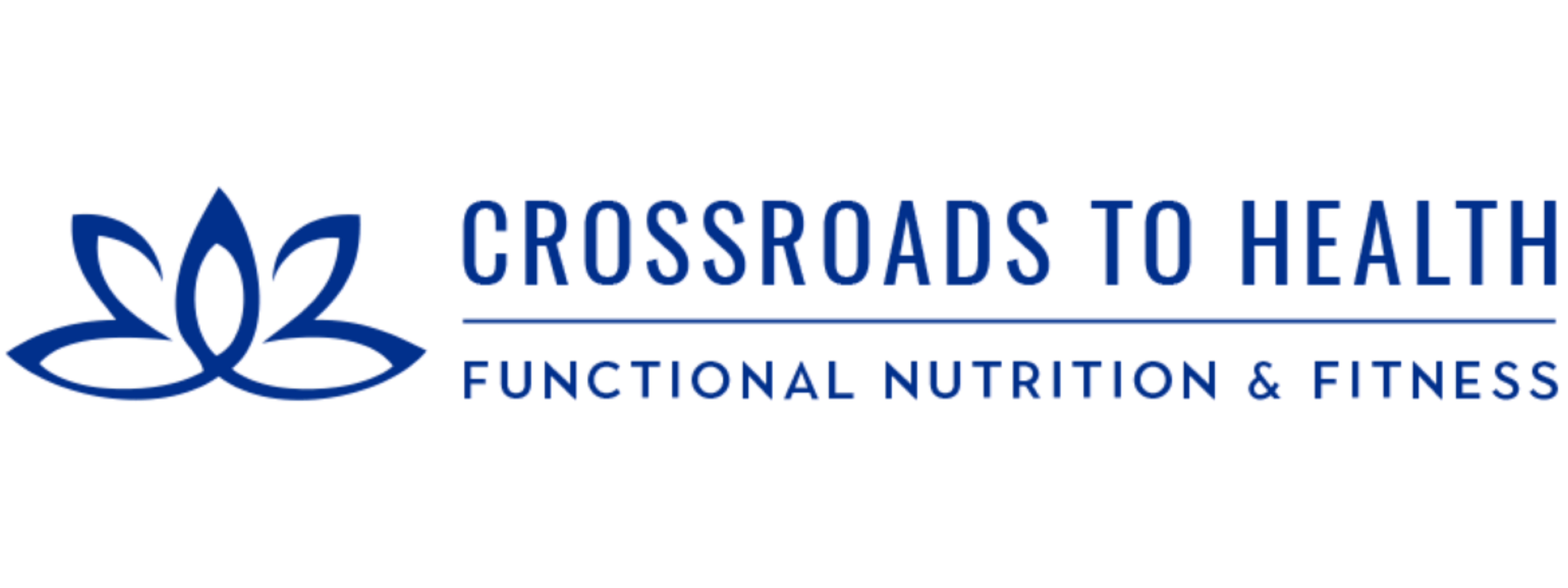Are Your Sleep Habits Making You Fat?
Could your sleep habits be the reason you're not able to sustain weight loss? It's estimated that 62% of American adults experience a problem a few nights per week and that 40 million people in the United States have a chronic sleep disorder. Research now shows sleep doesn't just help you lose weight, it also detoxes the brain, helping rid it of protein build up that can lead to Alzheimer's and dementia. On top of that sleep loss lowers immunity and raises stroke risk.
Sleep Hygiene Rules to Follow:
Sleep and Metabolism
Studies now show that when people don't get enough sleep the following happens:- There are increased levels of a hunger hormone called ghrelin and decreased levels of the satiety/fullness hormone called leptin, which could lead to overeating and weight gain.
- Consume about 300 calories a day more than when they are well-rested. Overall, most of the extra calories came from high-fat foods.
- Snack more and do less physical activity.
- Eat more than what is needed to cover the energy cost of staying awake longer, especially at night, which can lead to significant weight gain.Research has showed that when study participants didn't get enough sleep for five days, they consumed more carbohydrates and gained nearly 2 pounds in that time. "When people are sleepy, they make poor food choices and are more likely to eat more than they need," says Kenneth Wright, director of sleep and chronobiology laboratory at the University of Colorado in Boulder.
- Reduces insulin sensitivity. Insulin sensitivity is the metabolic capacity to handle eating carbs – to use them for energy, instead of storing them as fat. A reduction in insulin sensitivity means that you’re more likely to store food as fat (and then still be hungry afterwards).
- Creates inflammation. In this study, for example, either sleeping 5 hours a night or sleeping at the wrong time (the shift work pattern) increased markers of inflammation. This study makes it even clearer: “sleep deficient humans…exhibit a proinflammatory component; therefore, sleep loss is considered as a risk factor for developing cardiovascular, metabolic, and neurodegenerative diseases (e.g., diabetes, Alzheimer’s disease, and multiple sclerosis.
Circadian Rhythm and Sleep Hygiene
Improving circadian rhythm and consistently following sleep hygiene rules will improve sleep quality. Today circadian rhythm is easily disrupted with access to electronics and artificial blue light 24-7. Enhancing circadian rhythm means more than just trying to get 7-8 hours of sleep, it also means trying to get sunlight first thing in the morning and reducing artificial light after dark. The exposure to light in the am sets off a cascade of events that tell the brain it's time to wake up and start the day. Exposure to artificial blue night at night is shown to reduce melatonin production making it harder to fall alseep.Sleep Hygiene Rules to Follow:
- Set a consistent bedtime and wake time even on weekends. Give yourself 8-9 hours of possible sleep instead of short changing it to say 6-7 hours.
- Create a bedtime routine and stick to it especially the last 2 hours before bed.
- Ban electronics from the bedroom and minimize all artificial blue light coming from computers, tablets, phone, etc. Consider blue blocker glasses if needed, these reduce artificial light.
- Schedule a done time for your work and let it go until the next day.
- Keep your bedroom on the cool side which is shown to assist in better sleep. The ideal temperature is 62-68.
- Make sure the room is completely dark with no light coming in from the outside. Invest in black out curtains if needed.
- Practice a stress reduction technique like meditation or deep breathing.
- Take nervine tonics to support relaxation
Advanced Sleep Solutions
Sometimes the above practices are not enough and further testing is warranted. Possible advanced clinical testing includes:- Adrenal stress testing which measures cortisol levels throughout the day and before bed as well as DHEA an adrenal steroid hormone.
- Organic acid testing which tests urine metabolites and is useful for seeing if there is a need for serotonin or dopamine support.
- Blood sugar testing with a glucometer which can show if one is in the normal range or showing signs of hypoglycemia or insulin resistance. One of the most common reasons people wake is because of irregular blood sugar.

